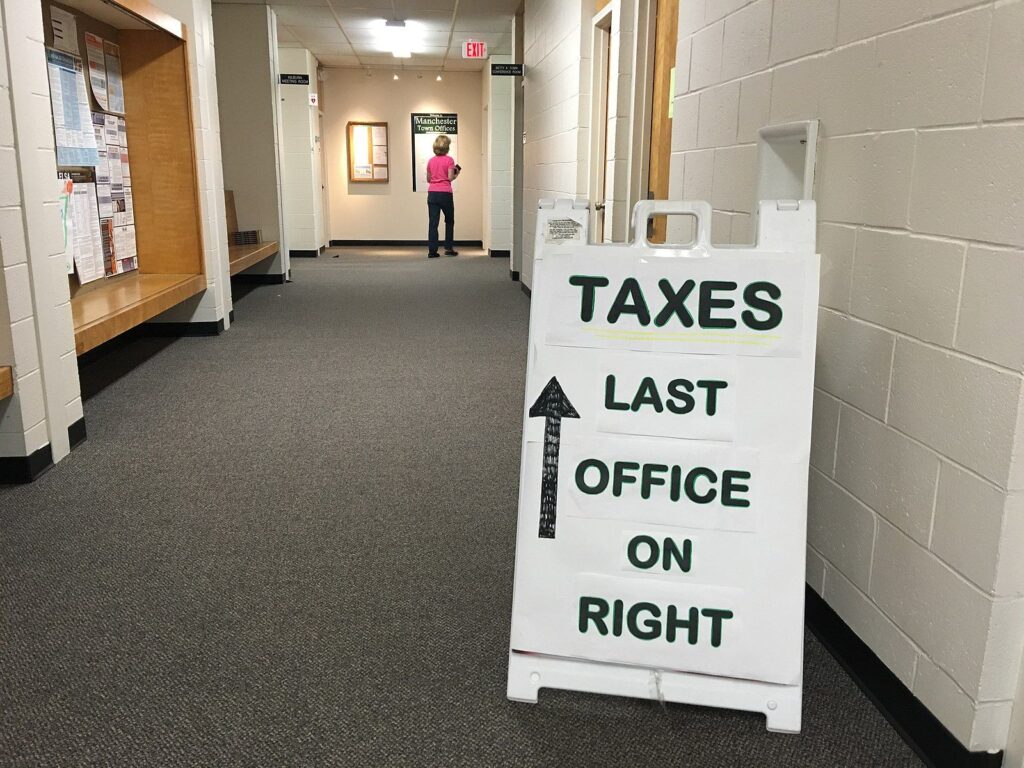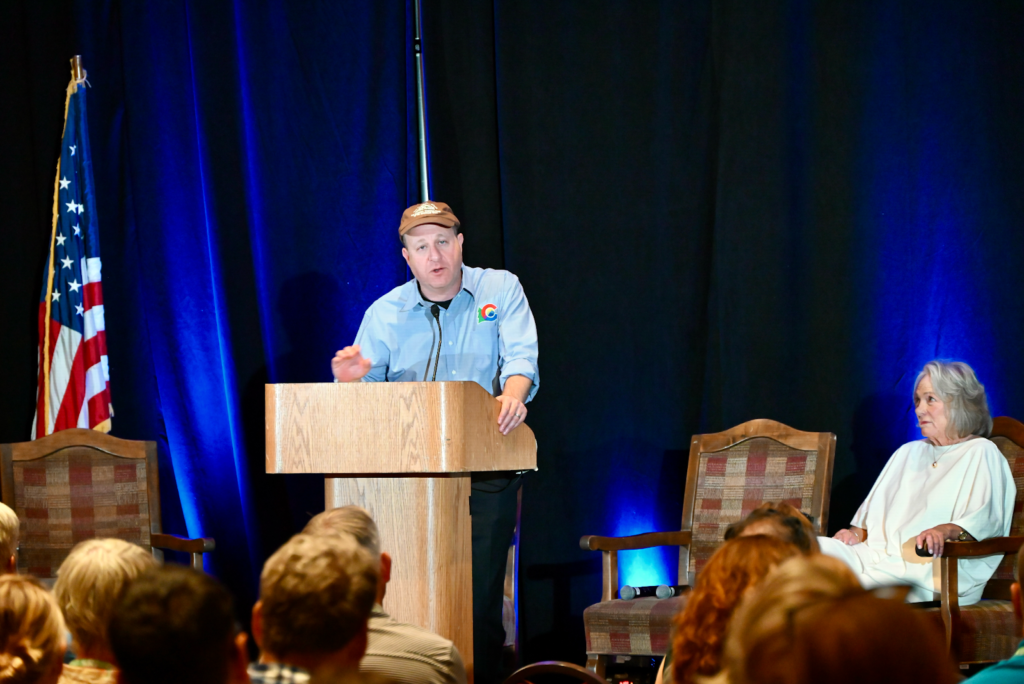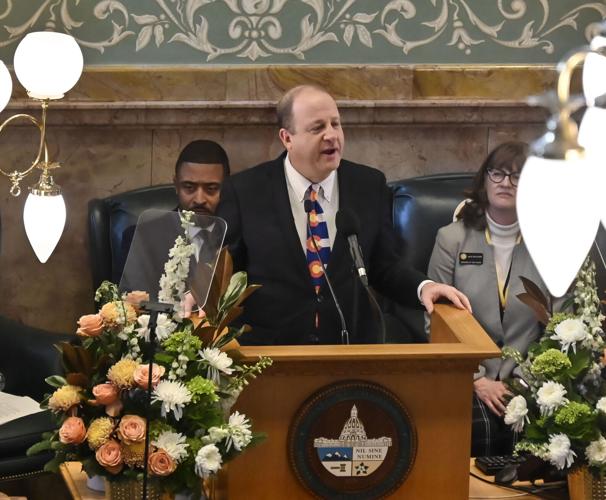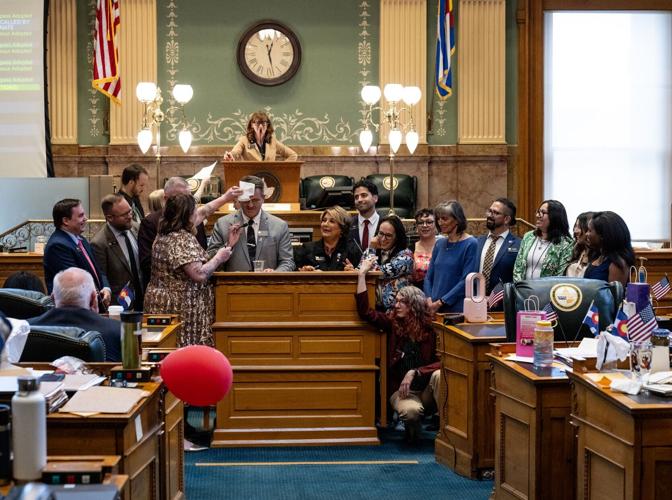Denver mayor, council compromise on $29.1M in rental assistance funding

The Denver City Council and Mayor Mike Johnston’s administration reached a compromise and agreed on $29.1 million in funding for the city’s rental assistance program at a council meeting Monday.
The program is meant to help residents who are in danger of missing rent payments. To qualify for the program, the tenant’s current annual household income must be at or below 80 percent of the area median income for Denver County.
“After working in close partnership with the City Council, we are excited to deliver funding for rental assistance that will work both for the city budget and for Denverites,” Johnston said in a statement. “We’re committed to not just supporting those who are currently unhoused, but preventing more Denverites from entering homelessness through rental assistance.”
The council approved spending more than $30 million on rental assistance last week, including a shift of $14.8 million in general funds. Johnston originally proposed $12.6 million for rental assistance in his initial 2024 budget draft, but the council then requested an additional $17.5 million.
The mayor responded to the $17.5 million request by proposing an additional $3 million, citing the need to keep city reserve funds at 15 percent of the overall budget. The overall proposed budget for 2024 is $1.74 billion.
The council and Johnston’s administration have been discussing the funding since last week’s council meeting and they reached a compromise, according to councilmembers.
The compromise is for the city to take $5 million from the Affordable Housing Fund in 2023 for rental assistance to be used in 2024, and another $8.5 million from the general fund. The combined $13.5 million will be added to the $15.6 million in funding Johnston already proposed.
Councilmembers discussed the rental assistance for over an hour last week but it only took 10 minutes to review the revisions Monday.
“It’s just as crucial as developing infrastructure,” Councilwoman at-large Sarah Parady said, adding it took “immense collaboration” with all 13 councilmembers and Johnston’s administration.
“Preventing eviction prevents homelessness and trauma, and with eviction filings setting new records every month, there is truly no more urgent budget item for our city,” Parady said.
The unanimous approval was met by applause from those in the council chambers.
“I’m so inspired by our ability to work together,” District 7 Councilwoman Flor Alvidrez said, echoing other councilmembers.
Councilmembers also cited a significant increase in evictions. They said Denver is on pace to set a record in 2023 with over 12,000 evictions.
The emergency rental assistance program stopped accepting applications in August, and ran out of funds just over two weeks ago.
First responder funding was also reviewed on Monday.
Parady proposed an amendment to take $2,757,472 of Johnston’s $8.3 million police recruiting proposal and allocate it toward the Support Team Assisted Response (STAR) program. The mayor’s budget proposal aims to recruit 167 new officers in 2024.
The STAR program is “an alternative response team that includes behavioral health clinicians and paramedics to engage individuals experiencing mental health distress and substance abuse disorders,” the city says.
“Let’s wait and see before we pour millions of dollars into recruiting,” Parady said.
But District 2 Councilman Kevin Flynn was adamant about maintaining Johnston’s police recruit budget at $8.3 million.
“I don’t think this is the right time to decrease the recruiting budget,” Flynn said, and he added that the amount budgeted would mitigate “lost ground” of police officers leaving the department.
Johnston already has $6.3 million proposed in the budget to fund the STAR program.
“Voters wanted more police officers,” Flynn said.
Most councilmembers shared support for the STAR program, but did not support the amendments set forth by Parady.
Parady’s amendment was shot down by nine councilmembers, as was another amendment she proposed to transfer $1,025,770 of Street Engagement Team funds into STAR funds.
Most councilmembers agreed to give the program another year to prove itself before making amendments on it for the 2025 proposed budget.
“I see the benefit in the program,” District 10 Councilman Chris Hinds said. “When I see the teams I see a complicated flow chart. We need a simpler flow chart.”
Hinds said the program is used most in his district, which represents downtown.
A budget amendment to fund $450,000 for the Safe Routes to School program was also approved at Monday’s meeting in an effort to reduce traffic-related deaths.
Nov. 10 is the deadline for Johnston to accept or veto any budget amendments.
A key day will be Nov. 13. The council will have the ability to override mayoral vetoes at the Nov. 13 meeting, and must pass a final budget.
In other council action, councilmembers approved a lease-then-purchase agreement to acquire the 300-unit, 450-bed DoubleTree hotel at 4040 Quebec St. to house homeless people.
The city plans to initially lease the property for $83,333.33 a month for up to 15 months. The lease’s maximum contract amount is $1,250,000, according to the proposed lease agreement with Denver.
Denver can purchase the hotel for $43 million at any time during the lease. Its separate contract includes a hotel purchase price of $39 million, as well as additional costs.
There was no further discussion from councilmembers on the hotel purchase.

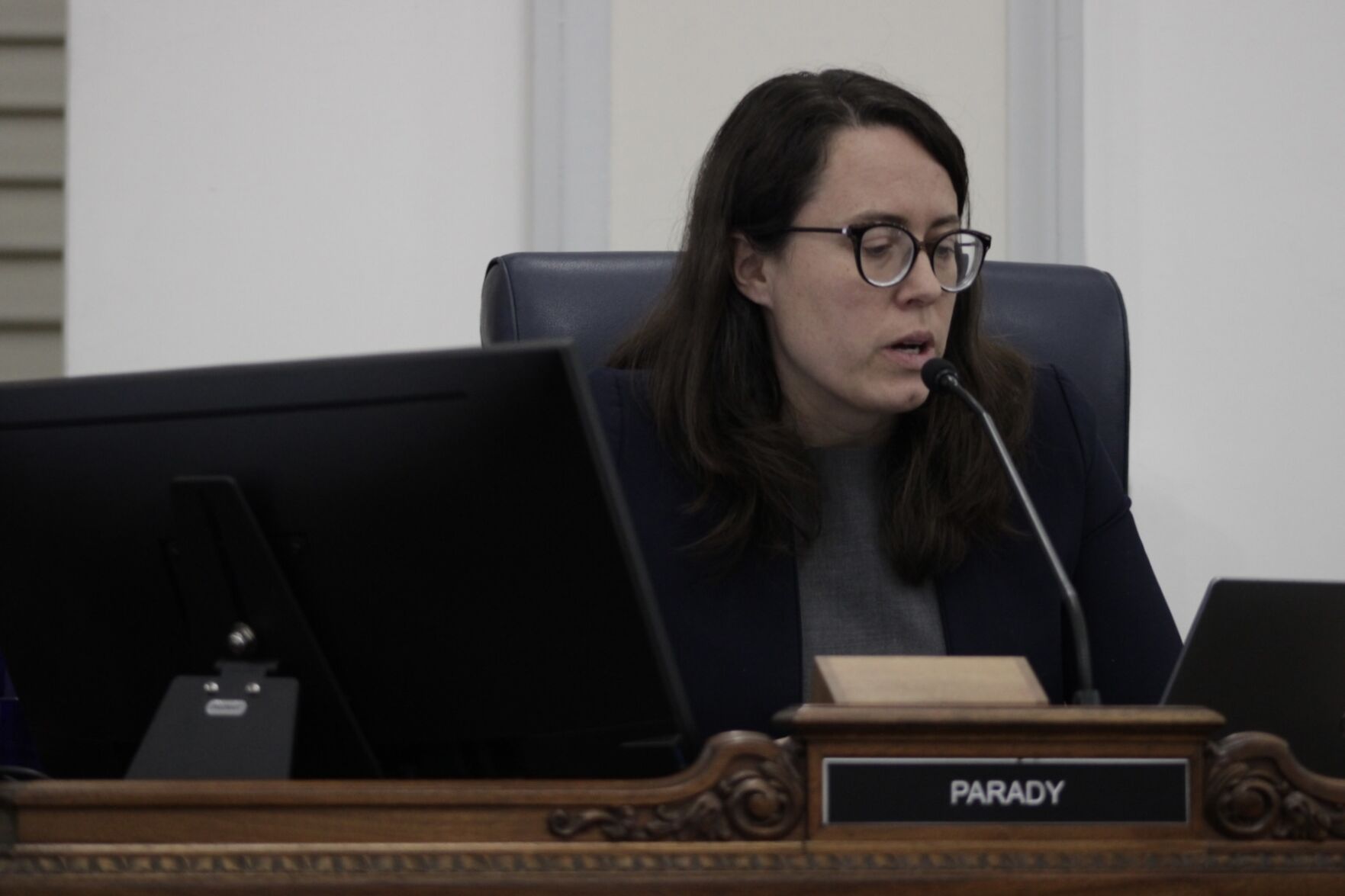
noah.festenstein@denvergazette.com




